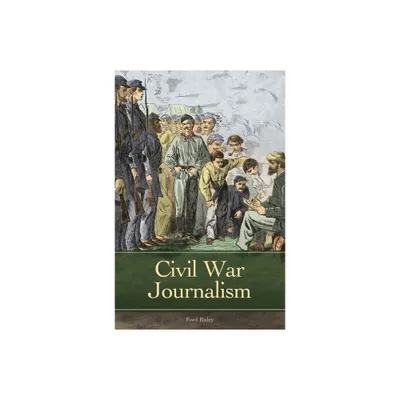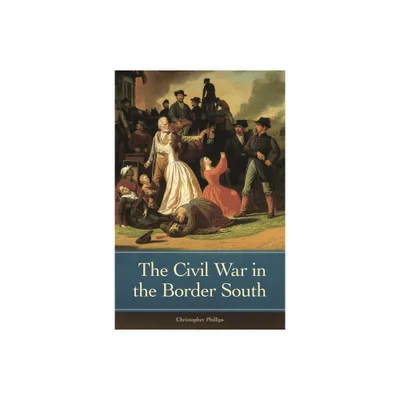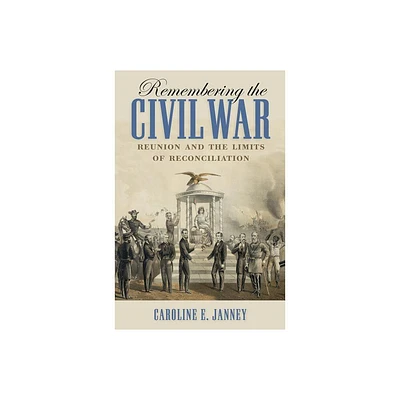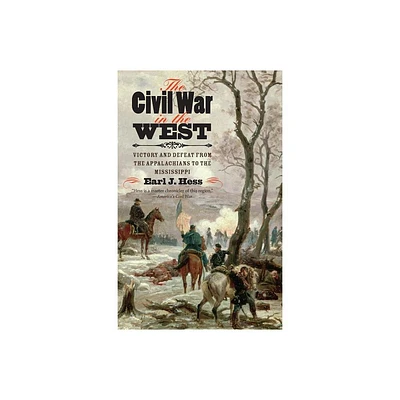Home
The Politics of Race in New York: The Struggle for Black Suffrage in the Civil War Era
Loading Inventory...
Barnes and Noble
The Politics of Race in New York: The Struggle for Black Suffrage in the Civil War Era
Current price: $56.95


Barnes and Noble
The Politics of Race in New York: The Struggle for Black Suffrage in the Civil War Era
Current price: $56.95
Loading Inventory...
Size: OS
*Product Information may vary - to confirm product availability, pricing, and additional information please contact Barnes and Noble
Black suffrage was a crucial and volatile issue in the North during the Civil War era. In
The Politics of Race in New York
, Phyllis F. Field studies the development of racial policies in the Empire State. Asserting that it is not possible to understand the move toward black suffrage by examining national trends and the actions of individual politicians, she takes a close look at the social context of reform.
Field assesses popular reaction to the idea of black suffrage by systematically analyzing the results of a series of referenda on the issue held in New York State between 1846 and 1869. Tracing the relation between changes in public opinion and the positions taken by political parties, Field concludes that party leaders tried both to express the views of their constituents and to mold those views so as to strengthen and unify their own political organizations. Inevitably, this intrusion of political considerations in the issue of race had long-term consequences for the process of social change in the United States.
shows clearly how, in 1870, black suffrage could be achieved even though the battle for black equality had yet to begin.
The Politics of Race in New York
, Phyllis F. Field studies the development of racial policies in the Empire State. Asserting that it is not possible to understand the move toward black suffrage by examining national trends and the actions of individual politicians, she takes a close look at the social context of reform.
Field assesses popular reaction to the idea of black suffrage by systematically analyzing the results of a series of referenda on the issue held in New York State between 1846 and 1869. Tracing the relation between changes in public opinion and the positions taken by political parties, Field concludes that party leaders tried both to express the views of their constituents and to mold those views so as to strengthen and unify their own political organizations. Inevitably, this intrusion of political considerations in the issue of race had long-term consequences for the process of social change in the United States.
shows clearly how, in 1870, black suffrage could be achieved even though the battle for black equality had yet to begin.


















